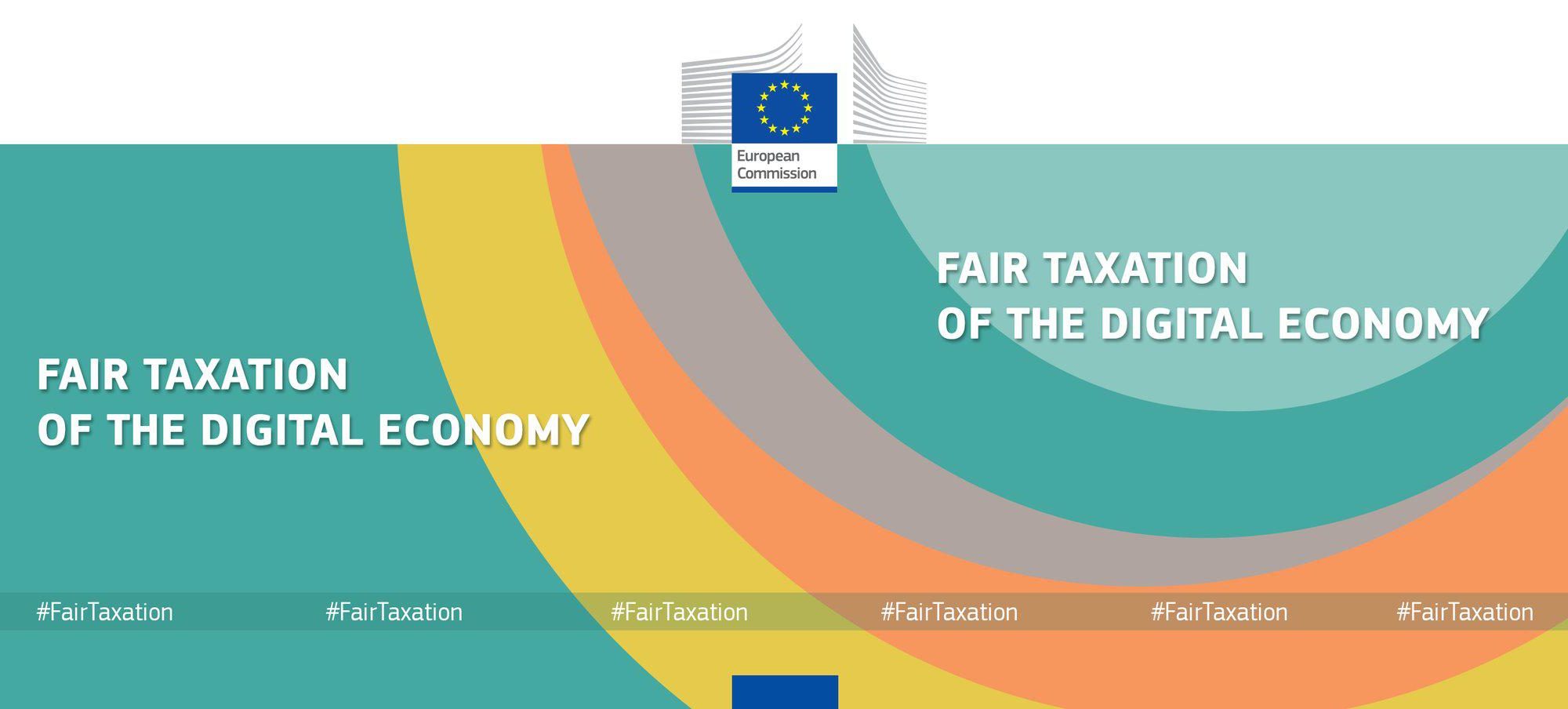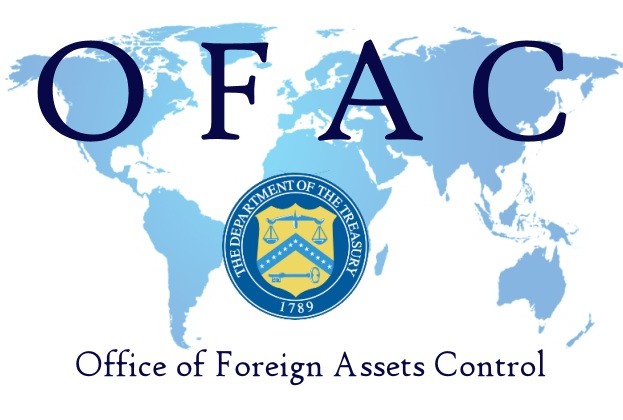– By Stephen Díaz Gavin and Claudio Palmieri
Economic activity is not only transnational, but increasingly digital. A business is physically located in one country, sells goods or services in another country and then declares its profits in yet a third country? Who is the taxing authority? Where is the transaction taxed and to which government do taxes get paid? This has never been a simple question internationally, but in today’s digital world, where borderless transactions are more frequent and more common, the leaders of the G-20 countries, in the Summit declaration of 18-19 June 2012 in Mexico, decried the consequences of these developments — tax base erosion and profit shifting to lower-tax jurisdictions. Even the proposed U.S. tax reform currently before the U.S. Congress addresses concerns about tax base erosion.
In 2013 the Organization of Economic Cooperation and Development (“OECD”) began a project to combat tax base erosion and profit shifting and the first action item of their Final Report of 2015 concludes the digital economy cannot be considered separate from the rest of the economy for tax purposes – it is increasingly becoming the economy itself. Significantly, the OECD believes solutions lie not so much in creating new rules, but adapting existing regulations to address the new, digital environment. Meanwhile, the European Union and some countries in Europe are making their own provisions for dealing with changes caused by the digital economy. With its Communication of September 2017, A Fair and Efficient Tax System in the European Union for the Digital Single Market, the European Commission (“EC”) announced a legislative proposal for the Digital Single Market in Europe, that is intended to be available for implementation if an adequate, ready and preferably international solution inside the G-20/OECD project framework is not implemented. The two main policy challenges addressed by the EC are: (1) where to tax digital services provided by companies with little or no physical presence and (2) what is taxable (e.g., the value created by intangible assets, data and knowledge). While a long term approach is favored, the EC is focused on short term measures to address some of these problems quickly such as a tax on untaxed or insufficiently taxed income generated from internet-based business activities (whether creditable against the corporate income tax or as a separate tax); a standalone gross-basis withholding tax on certain payments made to non-resident providers of goods and services ordered online; a levy on revenues generated from the provision of digital services or advertising activity.
In addition to European-wide solutions, some individual countries are also attempting to address the taxation of the digital economy. For example, in September 2016, a bill was introduced before the Italian Parliament regarding tax measures applicable to competition in digital commercial activities (DDL S.2526 “Misure in materia fiscale per la concorrenza nell’economia digitale” del 10 novembre 2016). The bill would not only reinforce the powers of Agenzia delle Entrate, the Italian governmental agency which collects taxes and revenue, but would introduce a “hidden permanent establishment” (“stabile organizzazione occulta”) concept which would consider revenues generated from certain types of international transactions, as income generated in Italy. For example, fees paid to non-Italian companies by Italian consumers for the purchase of software licenses distributed on the Italian market. Thus, if a U.S. company engages in online business regularly, with greater than 500 transactions in any six-month period and collecting more than € 1 Million in that same period, that company would be considered to have a “hidden permanent establishment” subject to tax by the Italian authorities. In addition, the proposed Italian 2018 Budget Law (not yet adopted), includes a proposal for a 6% web tax on services provided by nonresident companies and individuals on revenues generated from the sale to Italian residents of fully “dematerialised services” (e.g., intangible services such as video and audio downloads).
The common theme in these new proposals in the European Union and EU member countries suggests that governments will look increasingly to tax where economic value is delivered. If your business is part of the digital economy you clearly need to monitor these developments and pay attention to the legislative and regulatory initiatives being considered at the national, regional and multinational levels, especially in Europe, an important market and one which appears to be moving more quickly than other regions of the world. You can read the full Client Alert on this issue and if you need more information, have questions or would like assistance, the International Practice Group at Rimon, with an office in Rome, is particularly well suited to serve your needs. Feel free to contact Stephen Díaz Gavin, Partner based in Washington, DC and Rome or Claudio Palmieri, Counsel to Rimon and principal of Studio Legale Palmieri – Rimon Italia, based in Rome. Of course, you can always contact me, Joe Rosenbaum, or any of the lawyers at Rimon with whom you regularly work.




